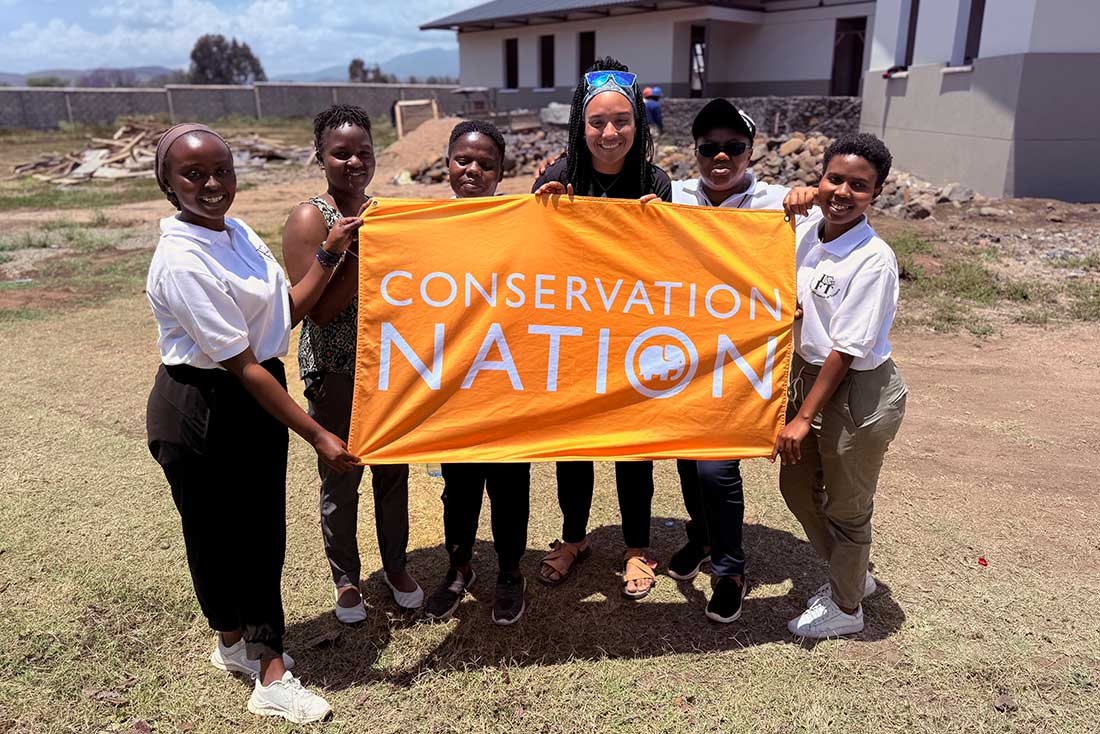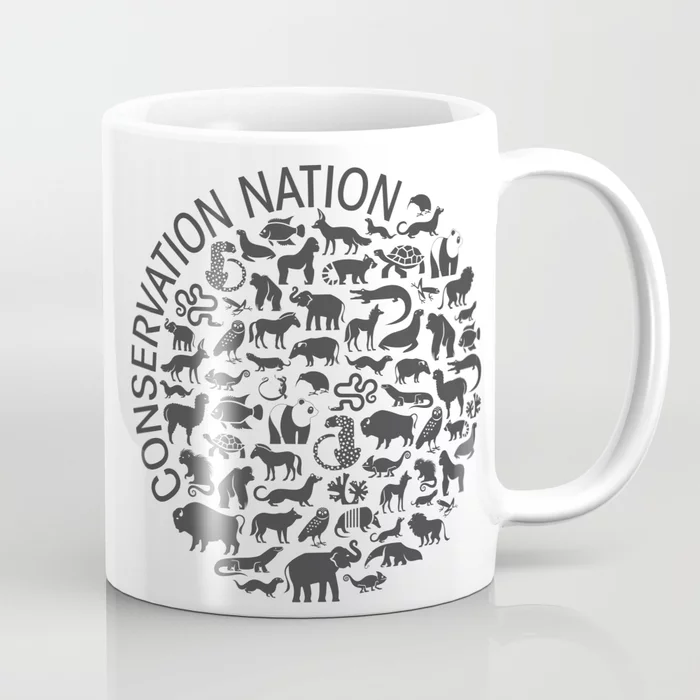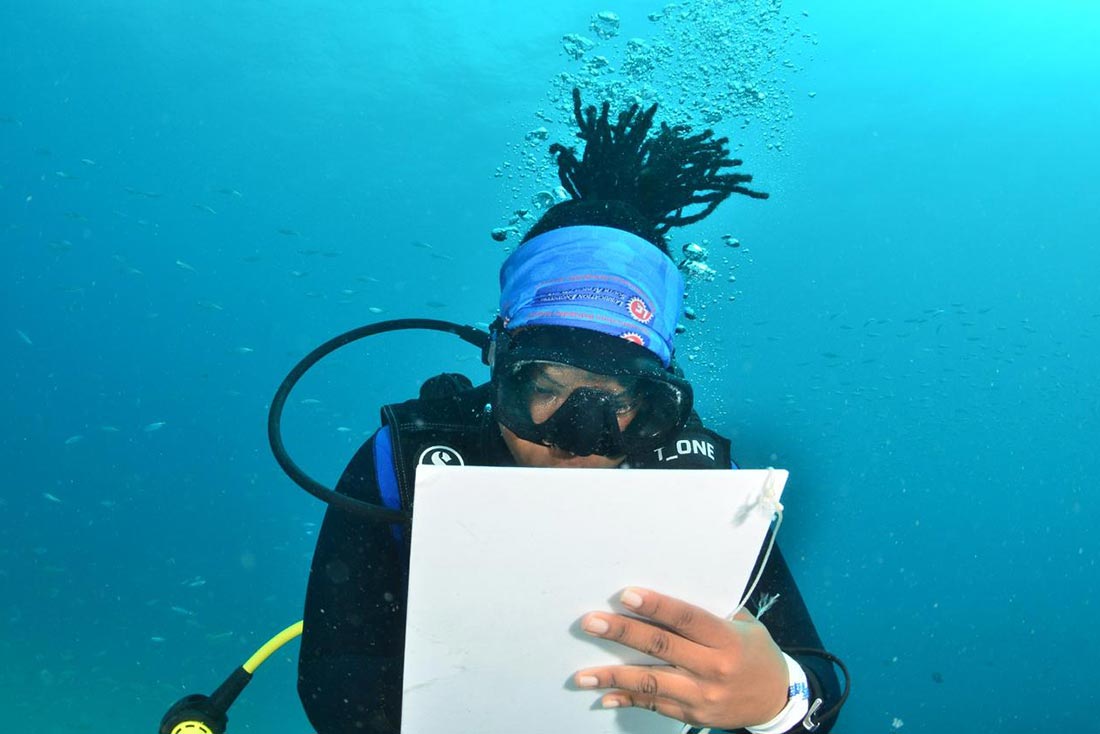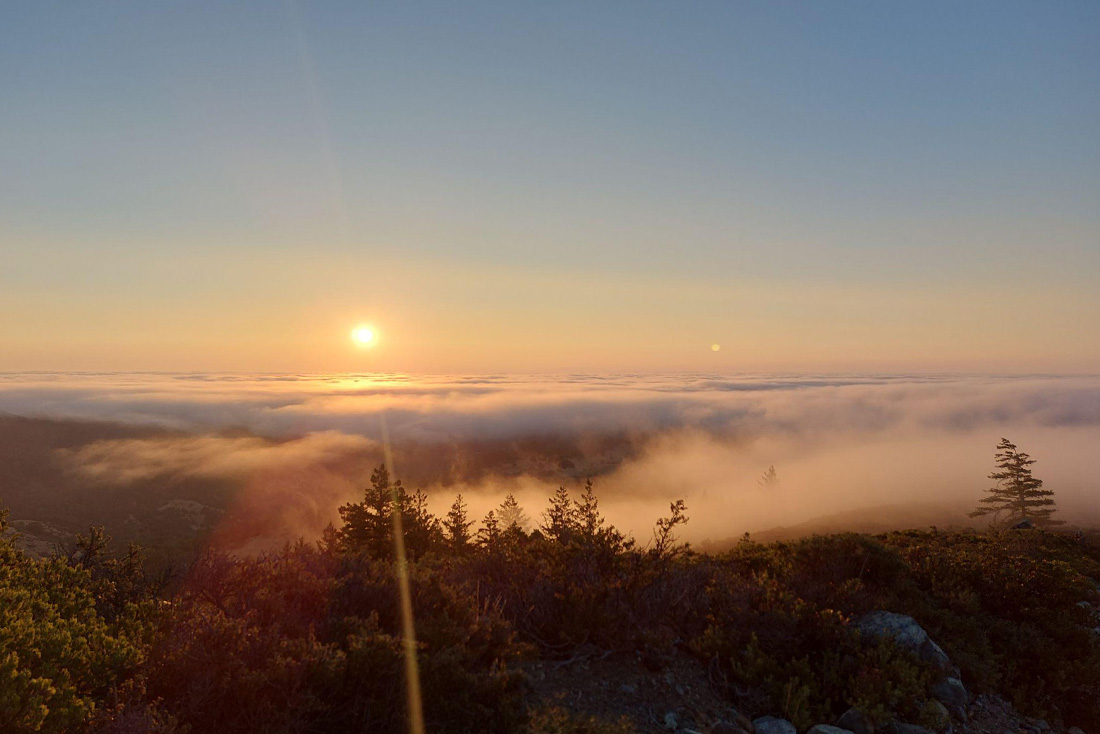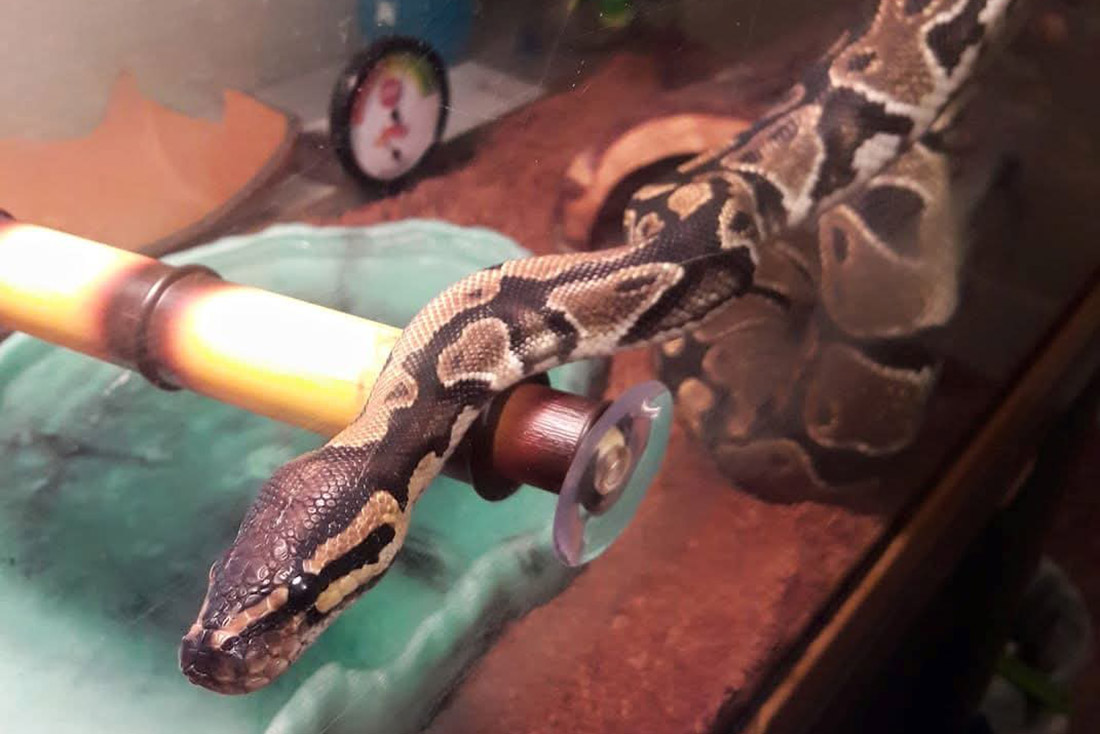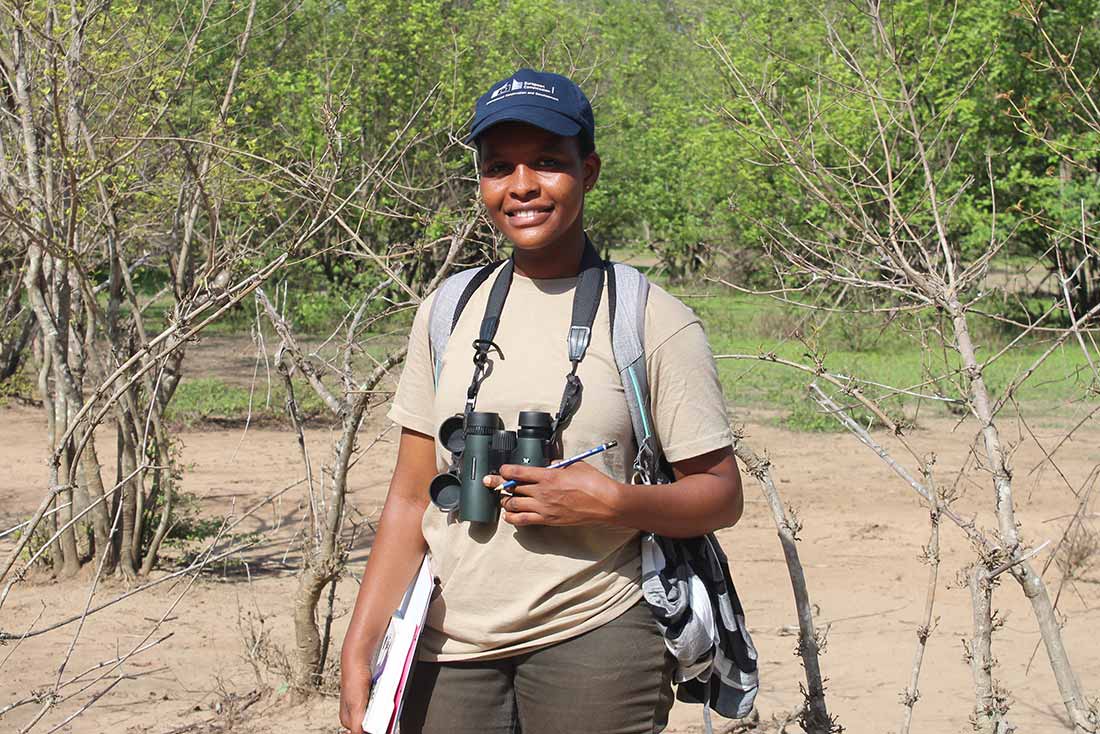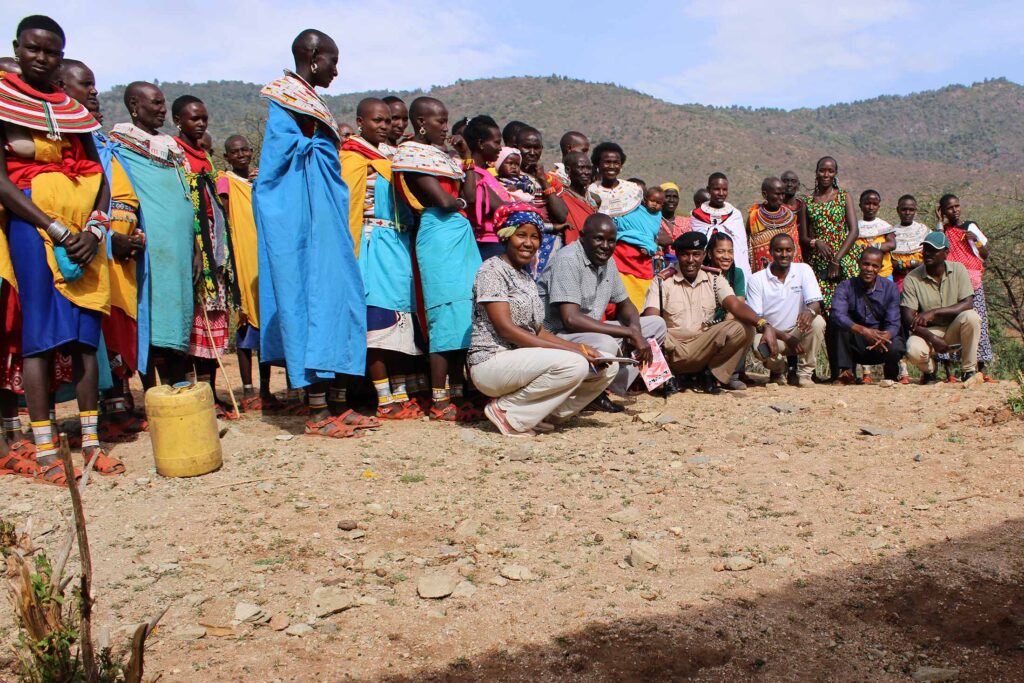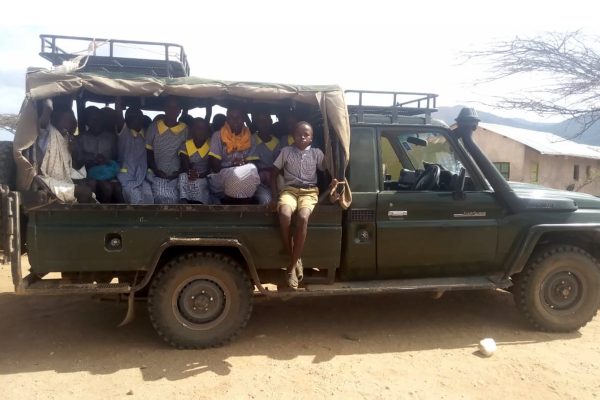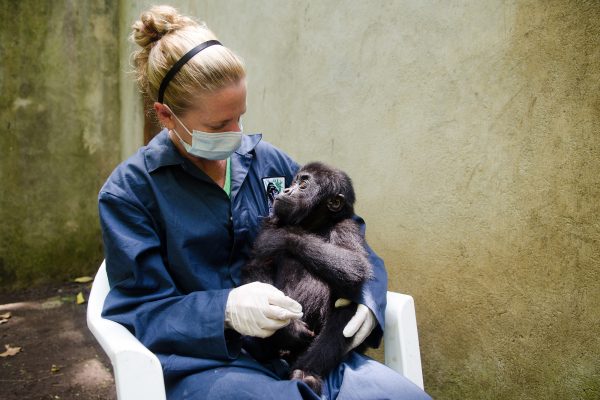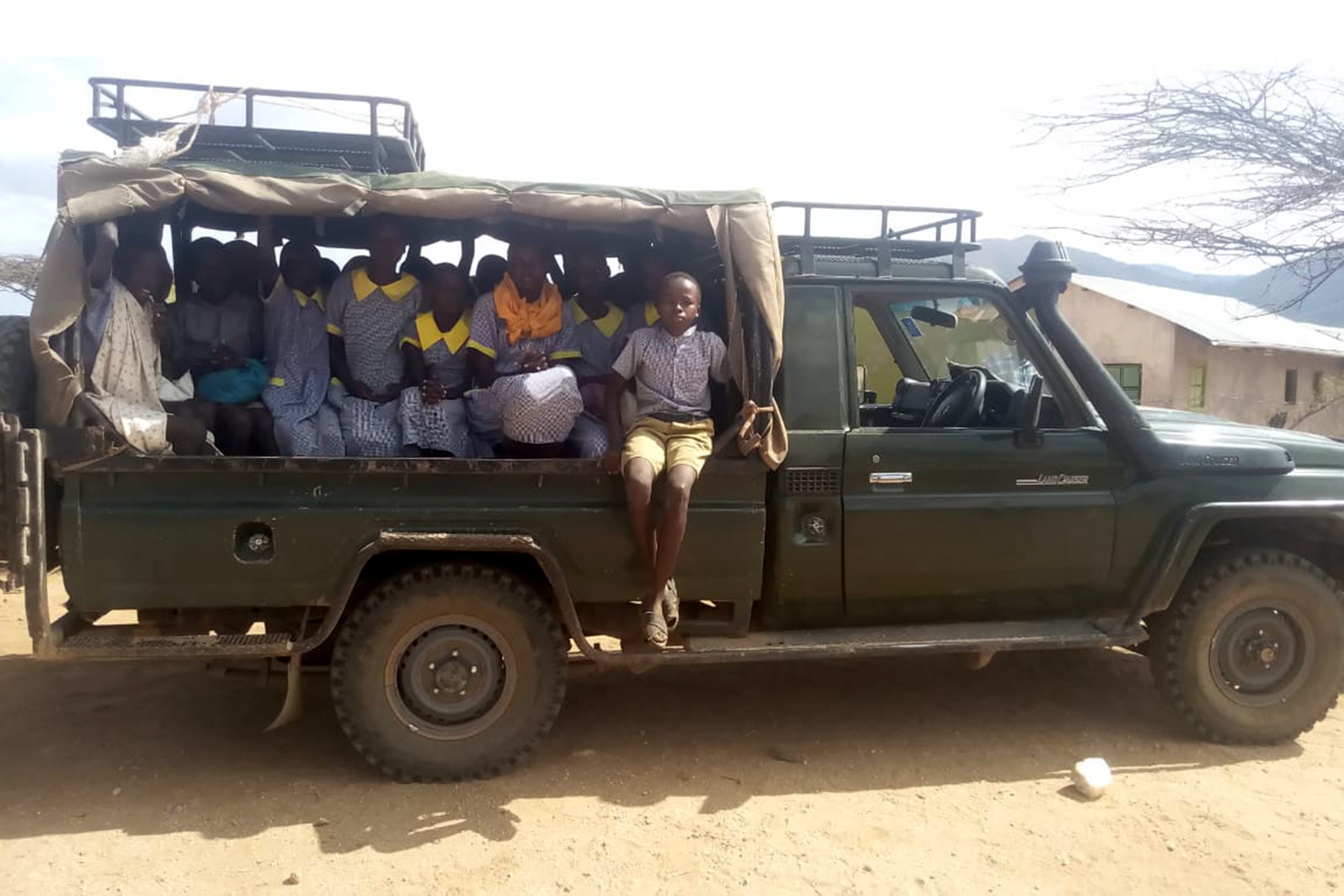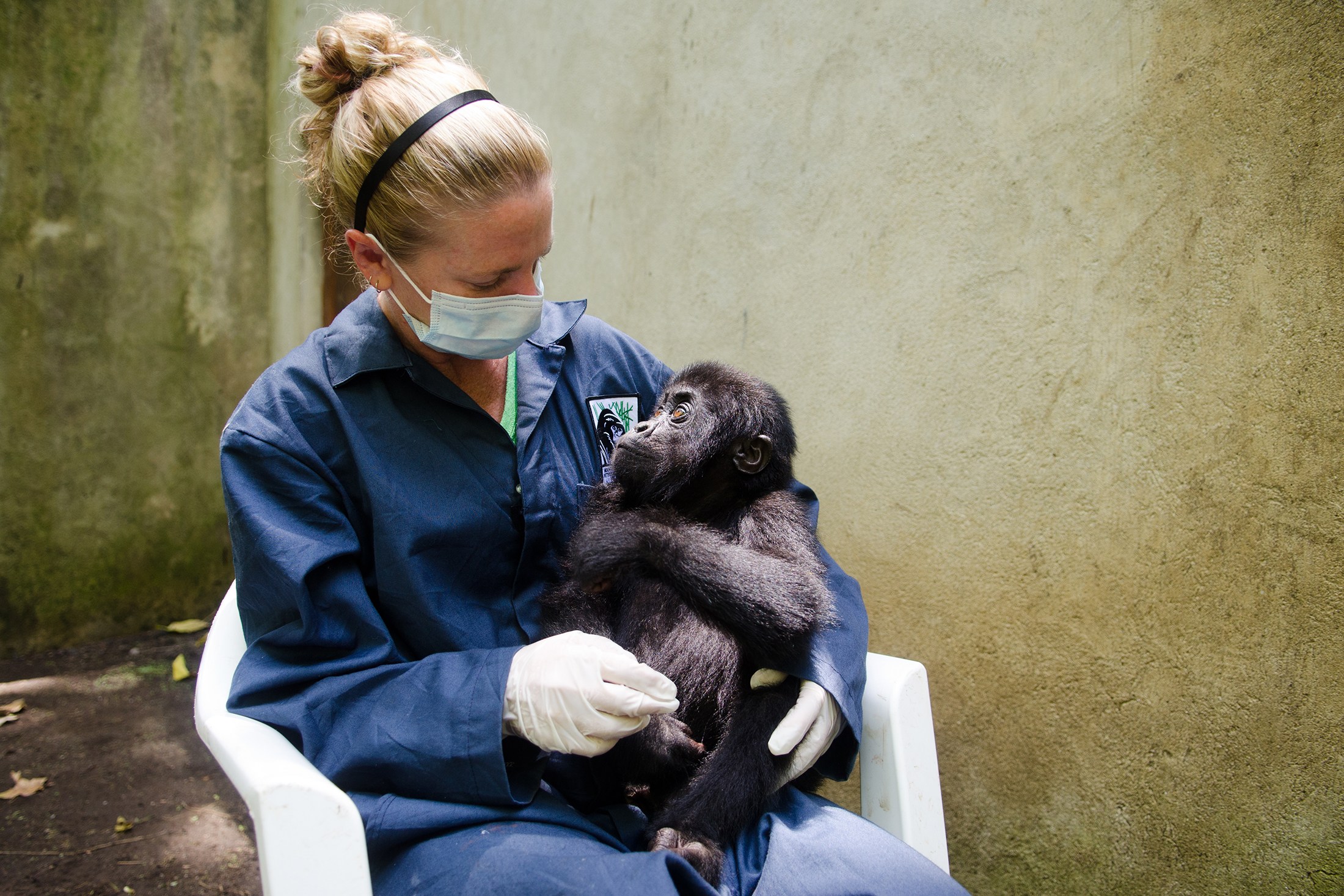In 2022, Conservation Nation funded Dr. Dawn Zimmerman’s project with the Veterinary Initiative for Endangered Wildlife (VIEW) and the Institute of Primate Research (IPR) to establish wildlife health and conservation clubs in primary schools for Samburu children living in Matthews Range in Kenya. In the fall, the three organizations joined forces to conduct three separate workshops. Their goals were to enhance awareness of the threats to Percival’s guereza and De Brazza’s monkeys, to inspire the protection of endemic and endangered wildlife species in Matthews Range, and to provide a platform to elevate local communities. In turn, the workshops examined the role of women and children in sustainable conservation efforts, methods for shifting the boundary between community engagement and community collaboration, and ways to break down barriers to girl-child education by offering the underrepresented Samburu girls mentorship and opportunities toward professional careers in conservation.
One specific factor inspired the need for these workshops: while IPR ensures that local people conduct most of the area’s monkey monitoring, they are all men. Women and children have never been actively involved in these efforts—even though they play a crucial role in inspiring the community to protect local primates and biodiversity. Dr. Dawn Zimmerman, along with her mentee Dr. Lauren Ellis, recently contributed to a report by colleague Dr. Danson Mwangi with details about the workshops and other programs created under the joint project.
Oromoidei and Noolotoro Joint Community Workshops
After a word of prayer from a community elder, the workshop began with approximately ninety people from the Oromoidei and Noolotoro communities in attendance. Dr. Mwangi served as the team leader, with Dr. Ellis joining him from VIEW to serve as a representative for Dr. Zimmerman to gain “on-the-ground” experience. The first speaker of the day, Dr. Stanislaus Kivai, Head of Conservation, IPR, engaged the participants in a conversation about the six primate species found in the nearby Matthews Range and the importance of wildlife and forest ecosystems. The attendees discussed how forests are essential for providing products and services to people and further categorized which elements benefit men, women, or both.
Dr. Mwangi was the second speaker of the day. He and the participants discussed the causes of the recent forest cover decline in Matthews Range and what they could do to mitigate the situation. Topics included how the lack of water and seedlings limits tree planting opportunities, overharvesting trees for animal feed and firewood, and forest fires caused by honey harvesting. As solutions, Dr. Mwangi offered that the community should serve as custodians of the forest to protect biodiversity by avoiding cutting down trees when collecting leaves to feed their animals and ensuring that honey harvesters properly extinguish their fires.
Kimani Ndung’u, Research Affiliate at the Mpala Research Centre, led the next discussion about One Health—an approach that examines the interconnectedness between people, animals, and our environment and how to achieve optimal well-being for all. The participants described some of their strongly-held convictions (both accurate and inaccurate) about how human-animal interactions could have negative health consequences.
Ms. Dorothy, a Samburu community member and employee of the Reteti Elephant Sanctuary (i.e., Reteti), and Ms. Wamuyu, a lecturer at Laikipia University, moderated the community workshop’s final discussion. They engaged the participants in a conversation about the importance of encouraging women to follow careers in conservation and the value of educating young girls. Ms. Dorothy further explained how many conservation organizations have employment opportunities for women and pointed out how girls involved in the workforce can bring economic stability to their families and communities.
It is only now that we are realizing the importance of educating girl-child. When an educated woman is married, they provide for the whole family…unlike boy-child who might only provide for his immediate family only.
Workshops at Oromoidei and Noolotoro Primary Schools
The joint project held the next set of workshops in September 2022 at the Oromoidei and Noolotoro Primary Schools. The format was similar to the community workshops, with different facilitators introducing each topic and engaging the students in a discussion. Speaking in the native Samburu language, Ms. Dorothy encouraged the children to take their studies seriously so they could follow in her footsteps as a champion for wildlife. She also highlighted opportunities for women in conservation and other fields. In turn, the students had a lot of questions about her work with elephants at Reteti—a topic they will learn more about at an upcoming field trip. Stay tuned!By the end of the school workshops, the students could demonstrate their knowledge about the importance of forests, wildlife, and conservation. They could also identify various animals native to the Matthews Mountain Range forest. Interestingly, before the workshop, none of the students at Noolotoro Primary School had ever seen or heard of the De Brazza’s monkey—a keystone species in the Matthews Range. The children also learned about the role of forests in water catchment and wildlife habitat. Additionally, they discussed how forests contribute materials and services for building, foreign exchange purposes, cultural artifacts, and job opportunities.
Wildlife Conservation Warrior Clubs
Another program of the joint project discussed at all three workshops was the Wildlife Conservation Warrior Clubs. Aimed at students in grades four through eight, Oromoidei Primary School currently has sixty-two active members, while Noolotoro Primary School has twenty-four. The clubs offer the students the opportunity to learn more about wildlife so they can develop a passion for conservation. So far, they have examined how human activities affect forest degradation, have had fun experimenting with seed propagation, and have reported sharing information about sustainable grazing with their parents. In the future, the students hope to participate in exchange programs with other wildlife conservation clubs and pursue careers in wildlife conservation.
Conservation Nation Samburu Scholarship Program
Perhaps the most exciting part of the school workshops was the announcement of the Conservation Nation-funded scholarships! Intended to break down barriers to education—and to offer underrepresented Samburu girls the opportunity to pursue careers in conservation—Conservation Nation plans to award a four-year secondary school scholarship to each of three local female students. While the initial plan was to choose the three awardees via an application process, this changed when Oromoidei community members requested that they be allowed to nominate the recipients instead to ensure the selection of the students with the greatest financial need. Keep an eye out for exciting updates about the scholarships soon!
Overall, the workshops were a success! While the facilitators ran into minor hiccups with time constraints, one short rain delay, and had to overcome some initial shyness from the students at the school workshops, they met their original objectives.
Please continue to follow along with us on this incredible journey!

